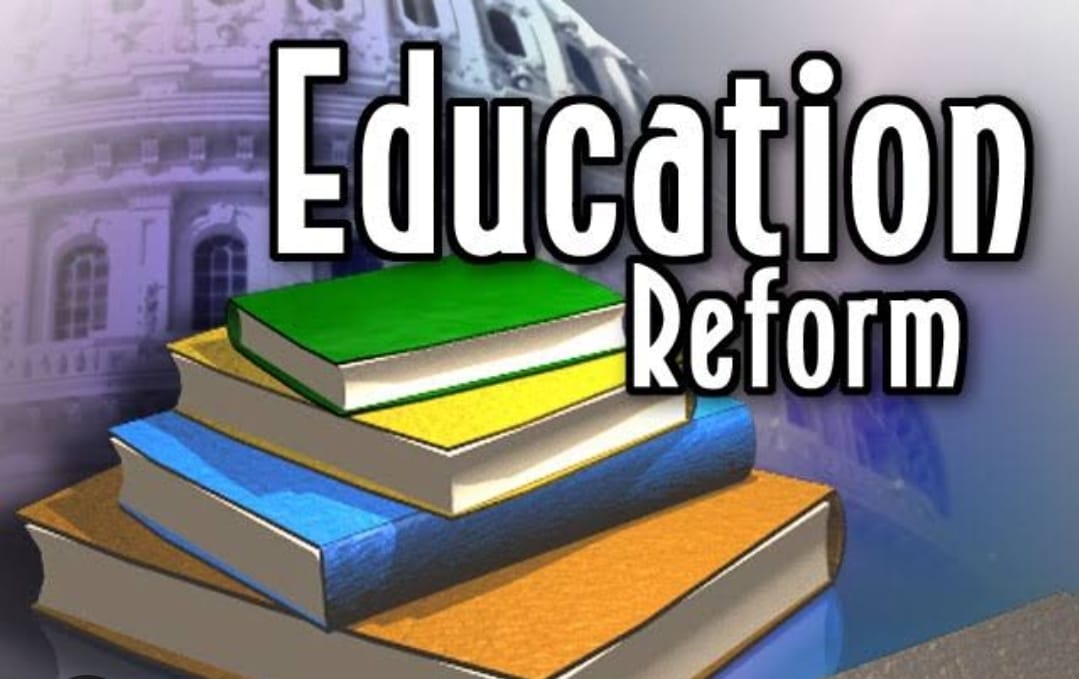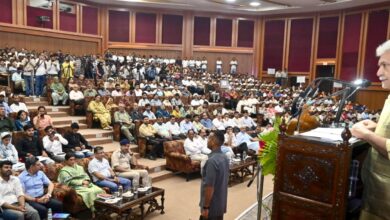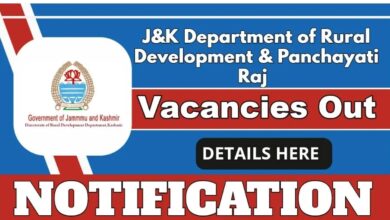Education
New Education Policy approved by Cabinet, Major Education reform in India

New Delhi, December 14 (WD Wattan)
BREAKING NEWS: Landmark Changes in Education Policy Approved by Cabinet
In a significant development, the cabinet has granted approval for the New Education Policy, marking a historic shift after 34 years. The pivotal alterations introduced in the education system include:
5 Years Fundamental:
- Nursery at 4 Years
- Jr KG at 5 Years
- Sr KG at 6 Years
- Std 1st at 7 Years
- Std 2nd at 8 Years
3 Years Preparatory:
- Std 3rd at 9 Years
- Std 4th at 10 Years
- Std 5th at 11 Years
3 Years Middle:
- Std 6th at 12 Years
- Std 7th at 13 Years
- Std 8th at 14 Years
4 Years Secondary:
- Std 9th at 15 Years
- Std SSC at 16 Years
- Std FYJC at 17 Years
- Std SYJC at 18 Years

Special Highlights:
- Board examinations will only be conducted in 12th grade; MPhil programs will be discontinued.
- The 10th board examinations will be eliminated, along with the closure of MPhil programs.
- Students up to 5th standard will be instructed in their mother tongue, local language, and national language, with other subjects, including English, taught as separate subjects.
- Examinations from 9th to 12th grade will be held in semesters.
- The education structure will follow the 5+3+3+4 formula.
- College degrees will be of 3 and 4 years, with a certificate in the first year, a diploma in the second year, and a degree in the third year.
- A 3-year degree is intended for students not pursuing higher education, while those pursuing higher education will undertake a 4-year degree. Completion of a 4-year degree allows direct entry into an MA program.
- MA students will have the opportunity to pursue a PhD directly.
- Other courses can be undertaken in between, contributing to a target gross enrollment ratio of 50 percent in higher education by 2035.
- Under the new policy, students can opt for a second course in the middle of their current one, taking a limited break.
- Higher education will witness various reforms, including graded academic, administrative, and financial autonomy.
- E-courses in regional languages, development of virtual labs, and the initiation of the National Educational Scientific Forum (NETF) are integral components of the new policy.
For detailed information, visit New National Education Policy. It’s important to note that these reforms will apply uniformly to all institutions, whether government, private, or deemed.





